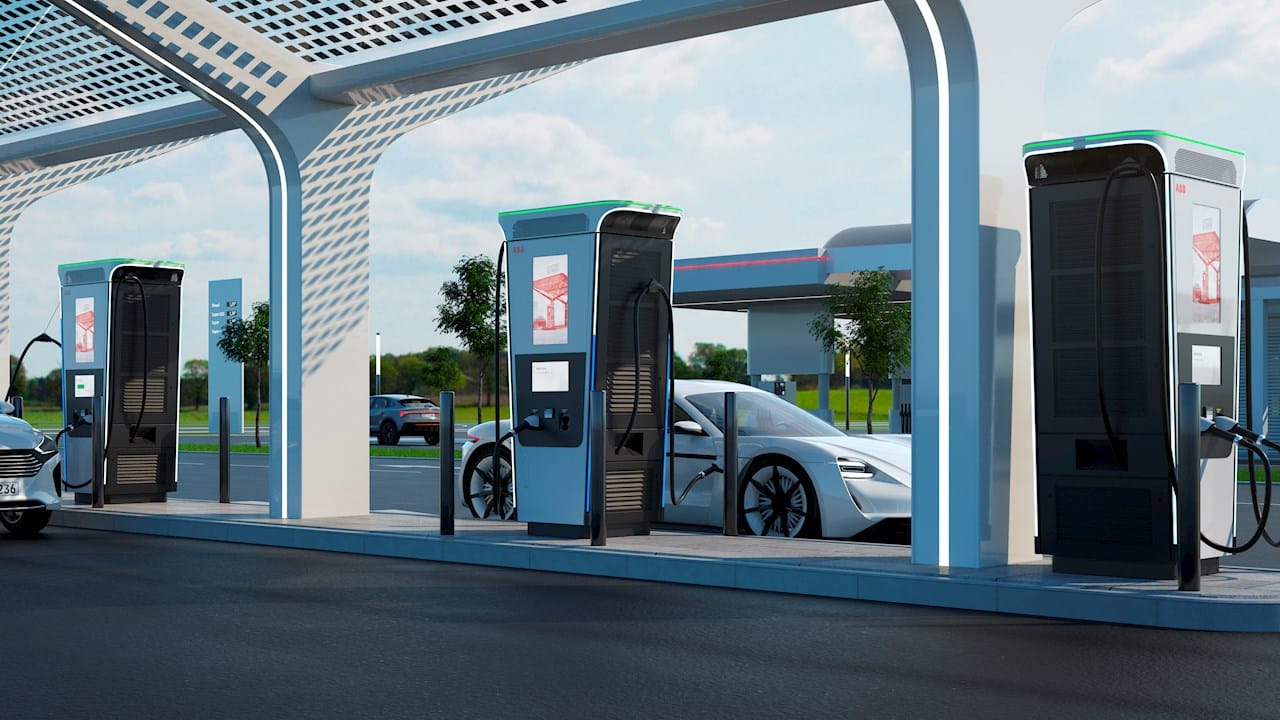California allocates US$2.9 billion to accelerate electric car charging infrastructure

CALIFORNIA – The California Energy Commission (CEC) approved a $2.9 billion investment plan to accelerate California’s electric vehicle (EV) charging and hydrogen refueling goals by 2025.
The funds will support the deployment of thousands of zero-emission trucks, school buses, and transit buses to deliver clean air benefits to communities most impacted by the pollution impacts of medium- and heavy-duty vehicles.
The 2022-2023 Investment Plan Update increases funding for the CEC’s Clean Transportation Program by 30 times compared to 2019, with an additional $2.4 billion from the recent state budget to be spent over the next four years and with at least 50% earmarked to benefit priority populations.
Also, the plan is estimated to result in 90,000 new EV chargers statewide, more than double the 80,000 currently installed. Combined with utility funding and other programs, these investments are expected to ensure the state reaches its goal of deploying 250 thousand chargers by 2025.
“This transformative investment will deploy charging and refueling infrastructure quickly and equitably to ensure that drivers of zero-emission cars and trucks can refuel wherever they go,” said Patty Monahan, senior commissioner of Transportation at the CEC.
Just last November, the California Air Resources Board (CARB) approved a $2.6 billion supplemental plan for clean transportation incentives, including consumer vehicle rebates and investments in heavy equipment and SUVs.
“Providing all Californians with the ability to recharge zero-emission cars and increase infrastructure to recharge trucks and buses lays the foundation for California’s needed transition to a clean transportation system,” said Liane Randolph, CARB chairwoman.
The approved plan includes $1.7 billion for medium- and heavy-duty vehicle ZEV infrastructure; $900 million for light-duty vehicle charging infrastructure; $118 million for low-emission electric vehicle manufacturing; $90 million for hydrogen refueling infrastructure; $97 million for emerging opportunities such as aviation, locomotives, watercraft and vehicle-to-grid integration.
In addition, $15 million is provided for the production and supply of zero- and near-zero carbon fuels; $15 million for low-carbon fuels; and $10 million for workforce development.
The funds will be available over the next four years and will be distributed to projects through a combination of competitive funding solicitations and direct funding agreements.
The projects include incentive programs and direct rebates for individuals and companies. The plan was developed based on input from members of the Clean Transportation Program Advisory Committee, the Disadvantaged Communities Advisory Group, state transportation and environmental agencies, the public and a broad range of stakeholders.
California surpassed 1 million ZEV sales in 2021 and leads the nation in all ZEV market metrics, including the highest level of public funding, the highest percentage of EV market share, and the most extensive public charging infrastructure.
